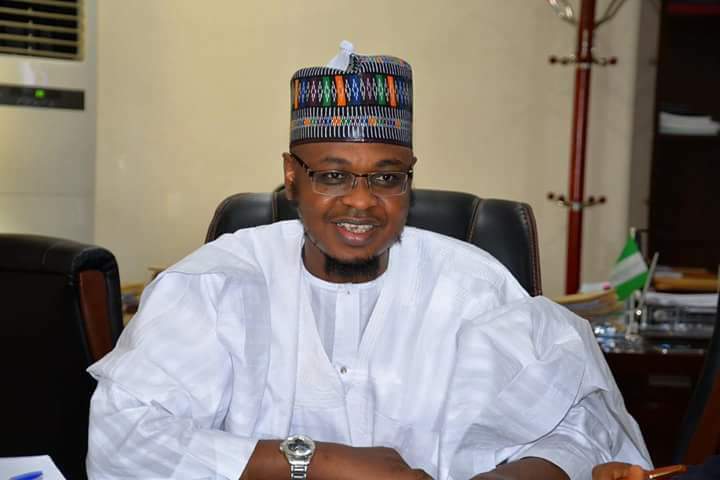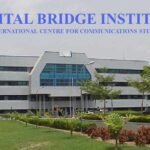Eleven more Information and Communications Technology projects built across the country will be commissioned virtually today by the Minister of Communications and Digital Economy Dr Isa Ali Ibrahim Pantami.
A statement from the ministry said the completed projects that will be commissioned by the Minister are Emergency Communications Center (ECC), Ilorin, Kwara State; Emergency Communications Center (ECC), Calabar, Cross River State; School Knowledge Center (SKC), GDSS, Gombe State; Tertiary Institution Knowledge Centre (TIKC), Delta State University, Abaraka; Virtual Examination Center, University of Maiduguri, Borno State.
- Only 588 companies complied with data protection regulations – NITDA
- NCC stops telecoms from charging for money transfer via USSD
Others are: Information Technology Innovation Centre, Kogi State University; Information Technology Capacity Building Centre, College of Education, Jigawa; Information Technology Capacity Building Centre, FUTO, Imo State; e-Health/Data Sharing Center, Abubakar Tafawa Balewa, Bauchi; New Neighborhood Post Office, Delta State and Remodeled National Mail Exchange Centre, Mbiama, Bayelsa State.
Dr. Pantami had Thursday, July 23 commissioned six completed ICT projects across the country to drive the digital economy agenda of the Federal Government.
The commissioned projects include the: Tertiary Institution Knowledge Centre Enugu State Polythecnic; Information Technology hub, University of Lagos; NIGCOMSAT Northwest Regional Office Kaduna State; Emergency Communications Centre Kaduna; IT Community Centre, Daura, Katsina State and IT Hub at Ahmadu Bello University (ABU) Zaria.
Commenting on the projects, the telecoms companies said the six projects that were showcased by the Minister of Communications and Digital Economy during a virtual online forum, highlighted the achievements of government intervention in ICT development in Nigeria.
The president of Association of Telecommunications Companies of Nigeria (ATCON) Engr. Olusola Teniola said the projects provided Nigerians with a view on the specific areas government had spent tax payers money funding the ICT gaps that private sector had not filled.
He said: “Social development projects are best left to government, so this is where government is most effective in terms of targeting and solving particular problems where CSR or private sector involvement is not impactful.
“The commissioned ones and those yet to be commissioned will benefit those Nigerians that ordinarily would not be reached and provides talent to be identified early closest to the communities and can then be leveraged at the closest point where these projects are located. Ideally we should have these located by default at every Local Government Area (LGA).’’
He however said the government should take a leaf out of India and reshape our primary schools, secondary schools and tertiary institutions with a focus on Science Technology Engineering and Mathematics (STEM) based subjects in our education system.
‘’ Though the impacts of this will be felt in the medium to long term, it has a sustainable impact to a country’s economy that will remove millions out of poverty by 2030.
“In the more immediate term, the continued drive to improve the business environment and doing business in Nigeria will create some level of certainty in investors’ minds which should translate into a reversal to the positive in FDI trends’’, he said.

 Join Daily Trust WhatsApp Community For Quick Access To News and Happenings Around You.
Join Daily Trust WhatsApp Community For Quick Access To News and Happenings Around You.


